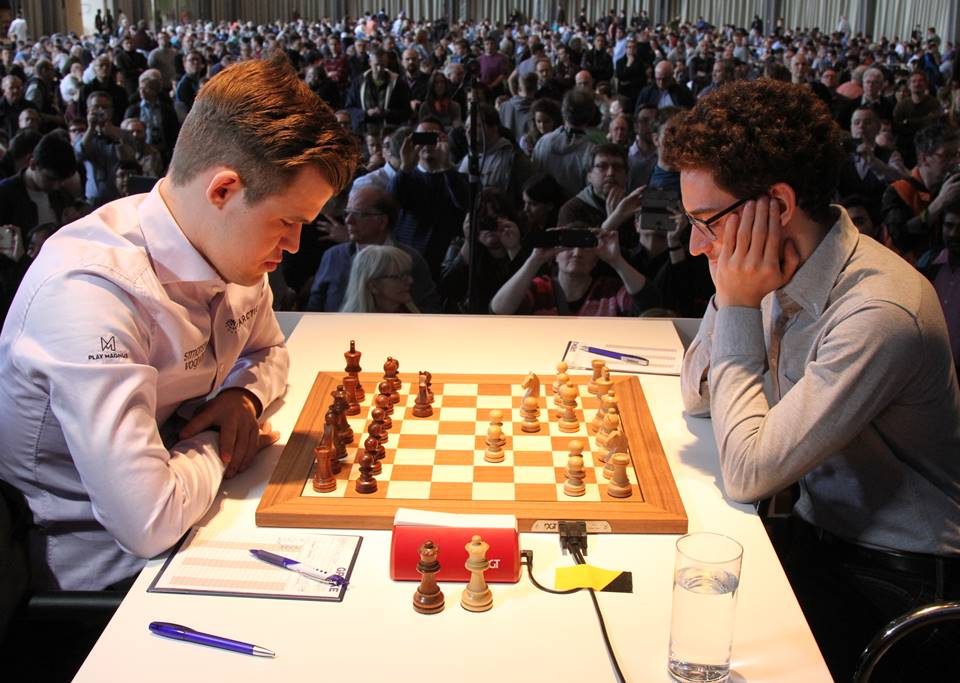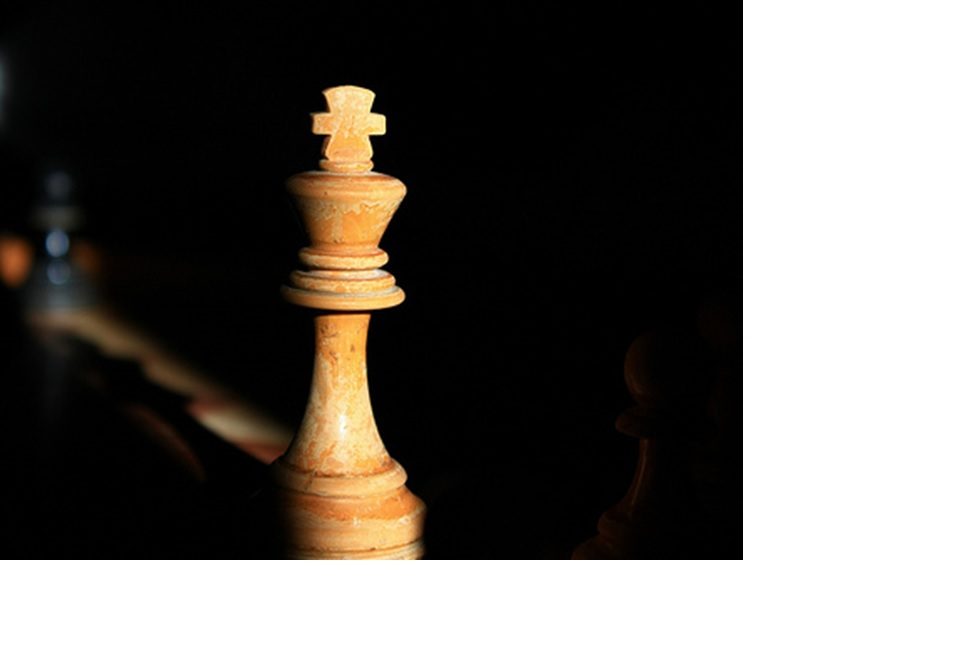
Strong strategists - Roman Krulich, a strong chess player and real estate entrepreneur, Munich in February 2014 (Photo: Simon Kratzer)
Strong strategists
What do the following four outstanding personalities from business and political life have in common? Is there a special secret to their successes?
Dana Reiznice Ozola (born 1981) started a technology park after completing her studies. Then she started a political career, in 2014 she became the Latvian Minister of Finance at the age of 33, and in 2016 the Minister of Economic Affairs. A really impressive career, she also has four children at the same time!
Prof. Ken Rogoff (born 1953) became a professor at Harvard University in 1999, and from 2001-2003 he was president of the International Monetary Fund. He is one of the most important American economists and one of the few who had warned of the financial crisis of 2008 and the collapse of major American banks.
Peter Thiel (born 1967) is an unusually successful US investor: Among other things, he invested $ 280,000 in PayPal, the IPO and the acquisition by ebay brought him 55 million. In June 2004, Thiel became the first investor to lend $ 500,000 to Facebook. Here, the subsequent IPO and sale of the shares brought him a total of over a billion US dollars. Later, he was co-founder of Palantir, in 2016, his private assets were estimated at over 2.7 billion US dollars.
Dr. Richard Lutz (born 1964) received his doctorate in 1998 from the Chair of Business Administration in Saarbrücken. In 2010 he was appointed CFO of Deutsche Bahn AG and DB Mobility Logistics AG. In 2017, the Supervisory Board appointed him Chairman of the Executive Board for five years and thus the head of the largest railway company in Central Europe.
What is the central commonality of these personalities? All of them are strong to exceptionally strong chess players and have, according to their own statements in their lives and careers, benefited greatly from what they have pulled out of the game of mental and cognitive strategies! Ken Rogoff and Reiznice Ozola are chess grandmasters, Peter Thiel and Richard Lutz very strong chess amateurs.
As an example, Ken Rogoff is quoted as saying in interviews how much chess thinking continues to shape him today and gives him the ability to think several moves in advance and to imagine how the other side will behave. Personally, I know many other successful entrepreneurs, who owe much to chess.
This is no wonder, as the thinking and planning strategies in chess have continued to evolve over 1500 years, and chess has always been used as a testing ground for understanding cognitive processes and the development of artificial intelligence. Above all, the decision is trained in the light of the uncertain, and this under time pressure in a complex situation.
All of this was the starting point of my great dream about 20 years ago: deciphering the best planning and decision-making strategies of the chess grandmaster and making them accessible to all those who do not have the time for a chess career! This was the birth of the Königsplan strategy model, which was later developed together with Prof. Robert von Weizsäcker and Dijana Dengler, which we convey to executives in the form of lectures and seminars today.
Stefan Kindermann



